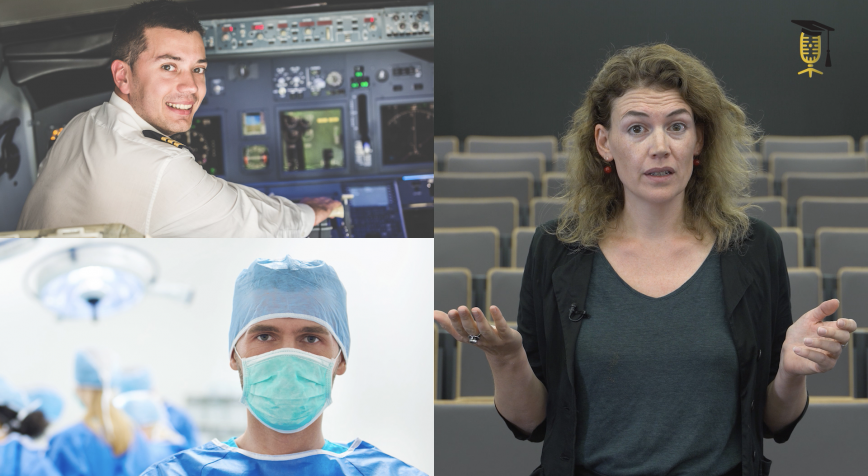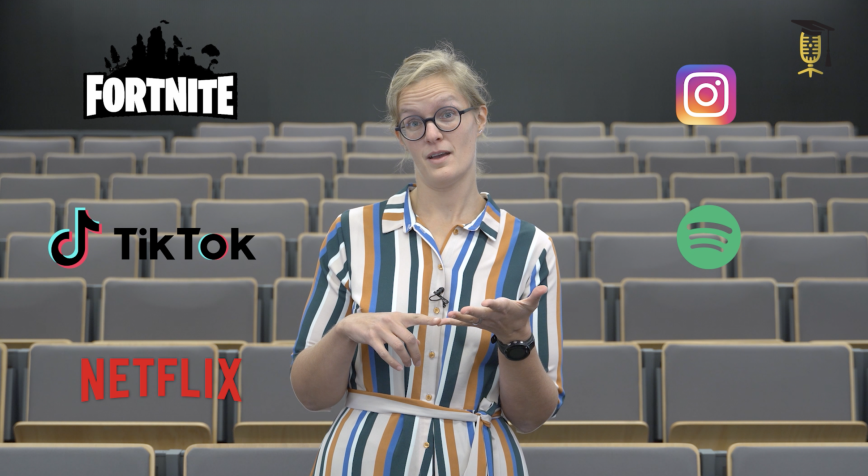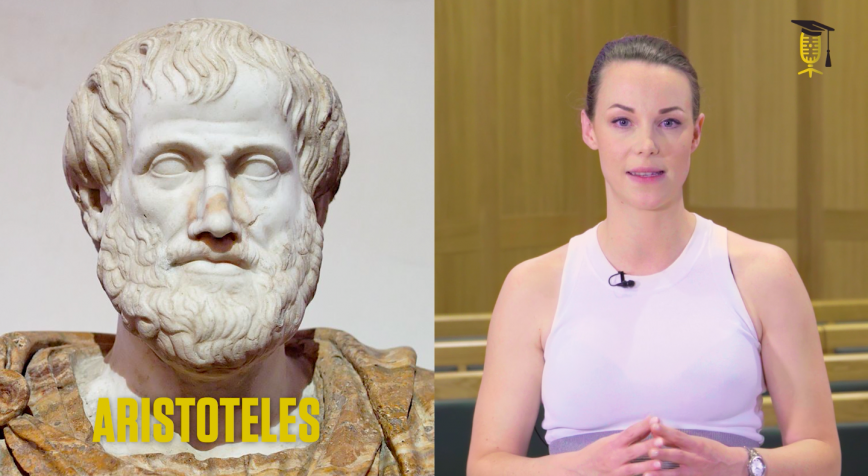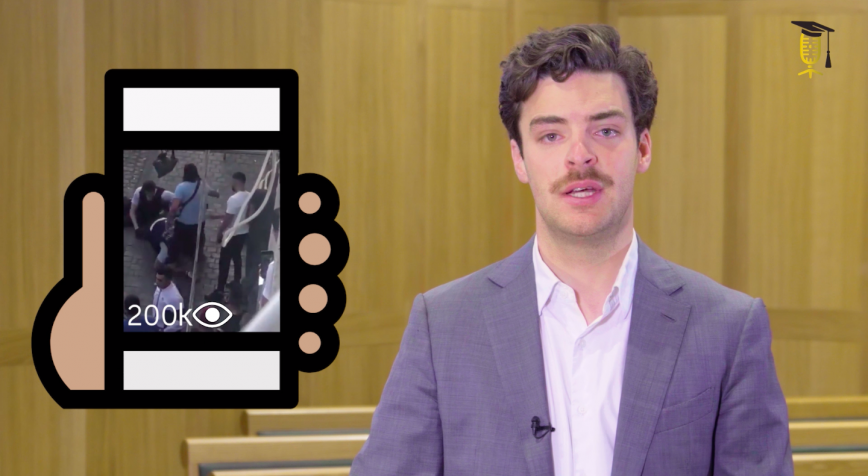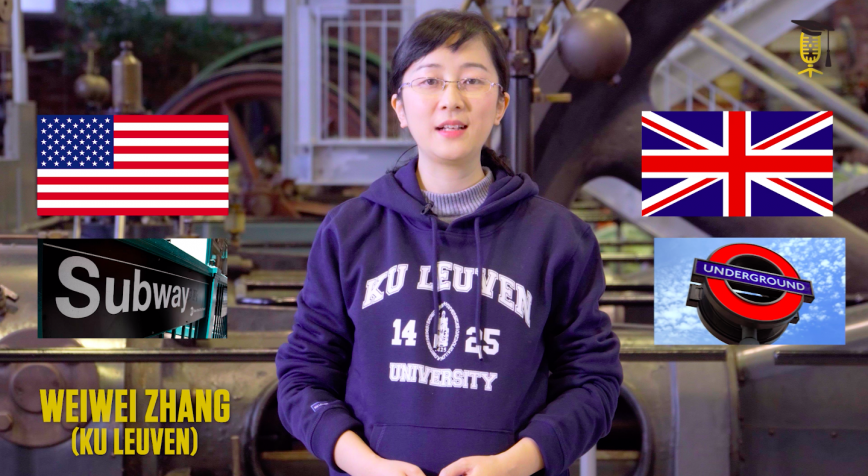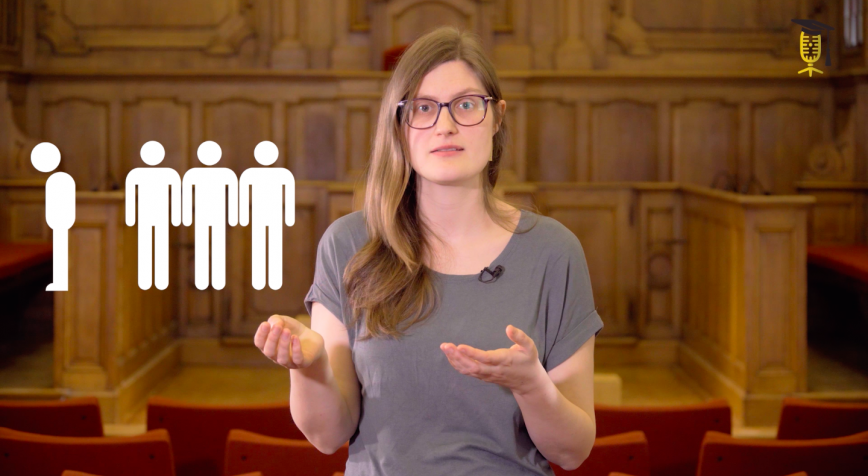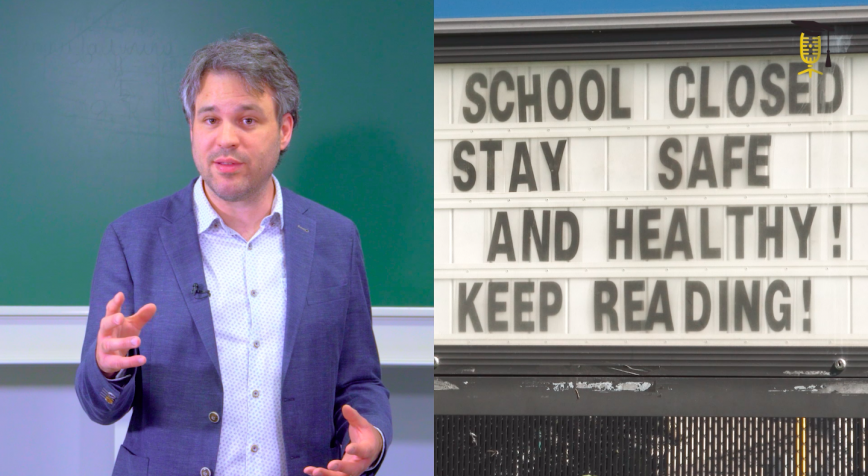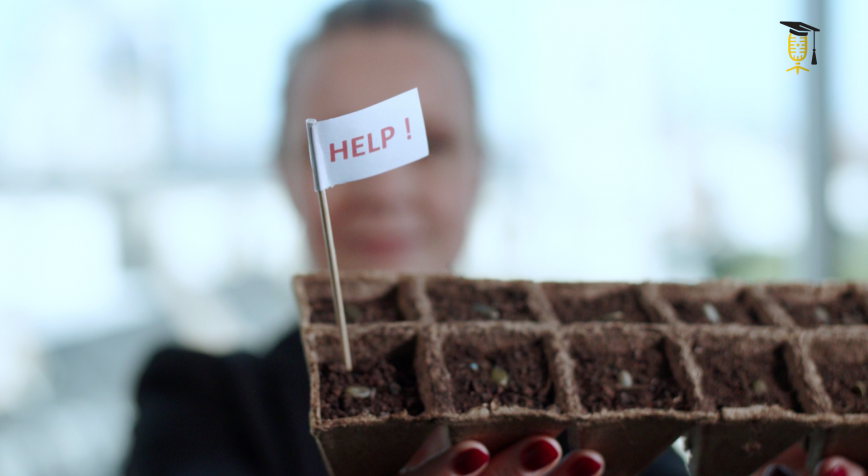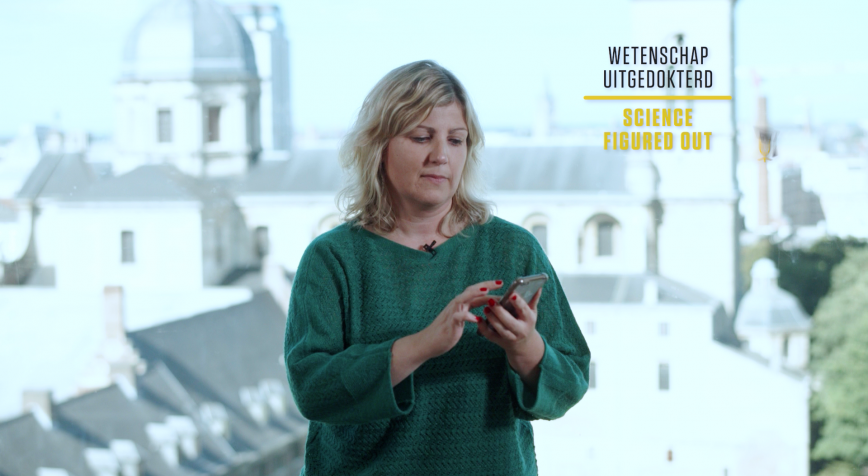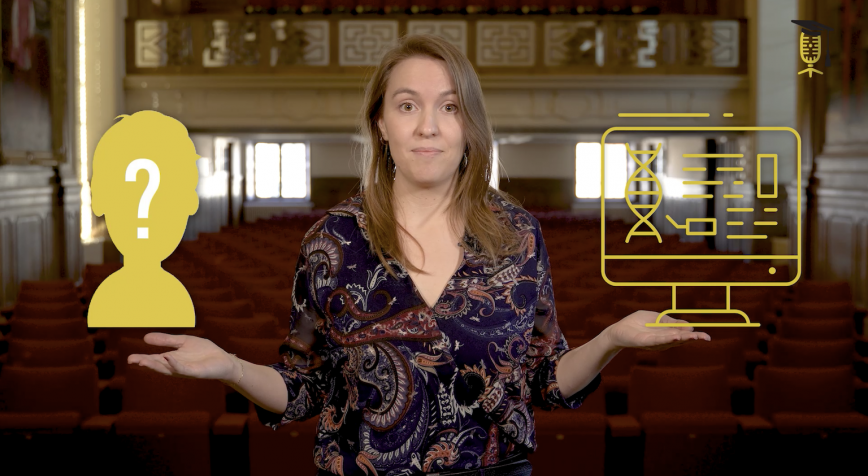
KU Leuven
DNA as the last resort to find the perpetrator
Sofie Claerhout's doctorate was looking for a new way to trace offenders in a murder case on the basis of DNA found at the crime scene. Using DNA kinship analysis, she can map out distant kinships, up to 40 generations apart, on the basis of a DNA sample. This makes it possible to trace the perpetrator much more precisely.
